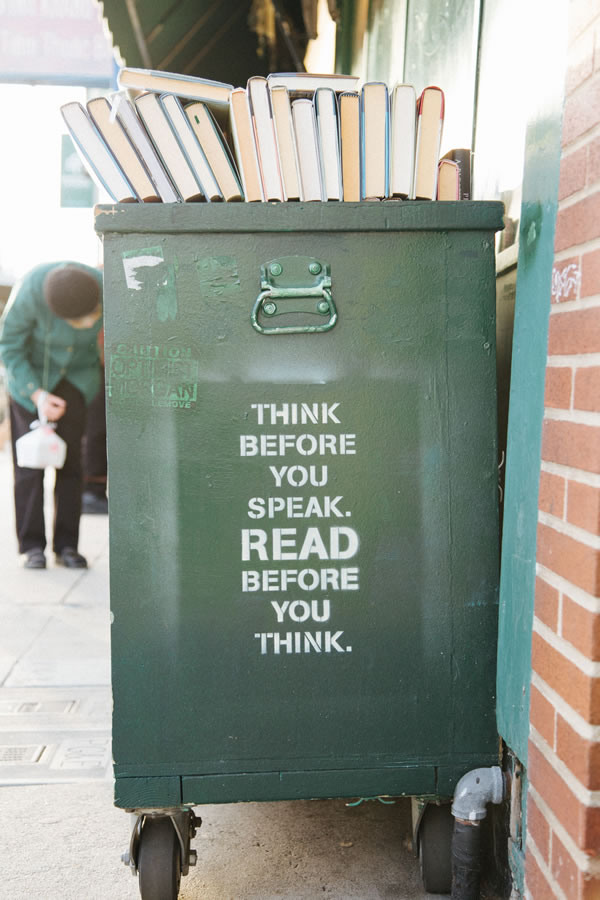Can novels make us care about Others? Can they even make us better citizens, as the American philosopher Martha Nussbaum has argued? And if so, how exactly do they go about that?
Research has shown that literary fiction enhances our capacity to understand other’s mental states and that it can make us less racist, but can it indeed rewire our brains and connect us all, as has also been argued? And what role does our own cultural context and our personal experiences play in that rewiring process? These are some of the questions that the Narrative Encounters team aims to tackle over the coming three years. Focusing on the American cultural context, we will explore how contemporary literary texts by African American, Chicano/a and Muslim American writers engage readers and what larger implications such imaginative engagement can have. To do this, we will use the analytical tools of cognitive narratology – a theoretical approach that draws on research in neuroscience and cognitive psychology – and bring them in conversation with more contextually oriented approaches and with empirical research on actual readers.
This inevitably will mean a lot of reading and writing, but the project will also include a range of talks, discussions, and workshops that bring together scholars and researchers from a variety of disciplines and backgrounds who share our interest in ethnic American literature and culture and in the psychological dimensions of reading. Regular updates and announcements related to the project as well as occasional field notes are available here.

